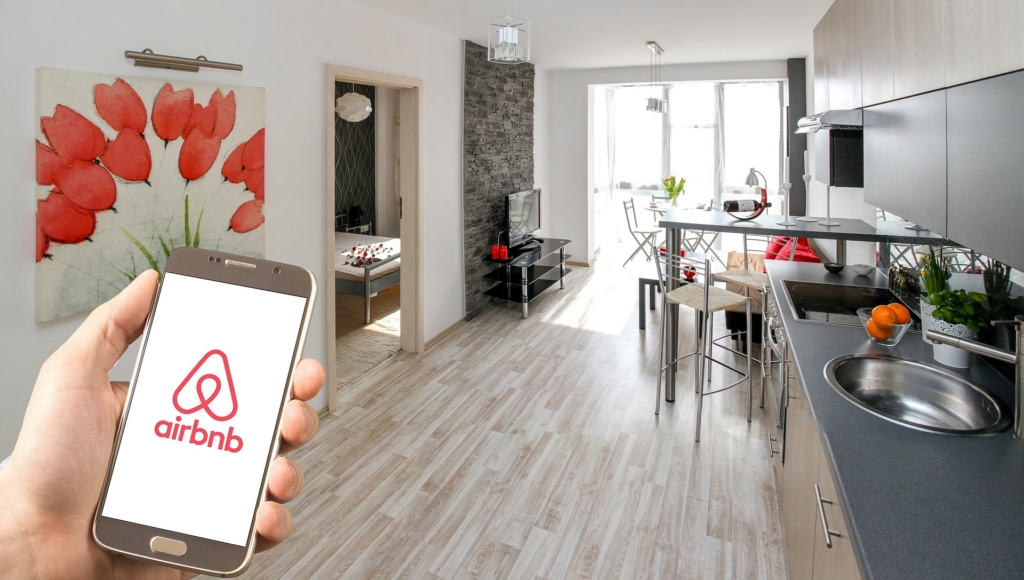- Discover the best property investment strategies in Malaysia. Learn the advantages and disadvantages of each approach in the Malaysian real estate market.
Rental Properties (Buy-To-Rent)

One of the most popular methods for accumulating long-term wealth involves rental properties, commonly referred to as the ‘Buy-To-Rent’ strategy. When done correctly, this approach can serve as a remarkably stable and low-risk investment.
The initial step entails identifying a suitable property, which is crucial. It’s imperative to locate a property in a high-value location with potential for future growth, typically in proximity to universities or thriving business districts, equipped with a plenty of amenities and conveniences similar to the features of this property.
Like any investment strategy, the buy-to-rent method has its advantages and disadvantages. Here are some illustrative points:
Advantages:
- It often yields favorable returns on your investment.
- It can serve as an effective means to diversify your investment portfolio.
- It can be a valuable strategy to safeguard against the effects of inflation.
- It can provide a consistent and reliable source of income.
Disadvantages:
- There’s a risk of property damage caused by tenants.
- You may encounter instances where tenants fail to pay their rent obligations.
House Flipping (Buy-To-Sell)

House flipping is a process in which an investor acquires a property with the intention of subsequently reselling it as a sub-sale property to generate a profit. The objective here is to purchase the property at a low price and then sell it at a higher value, potentially making it a lucrative venture when executed correctly.
Now, you might wonder why there’s a demand for sub-sale properties. Several factors explain this demand:
- Prime Location: Sub-sale properties are often situated in high-traffic areas.
- Completed Township: These properties offer excellent accessibility and amenities compared to when they were still under construction.
- High Occupancy Rates: The presence of many residents contributes to a more positive perception of the area.
- Attractive Rental Yield Potential: Sub-sale properties can offer appealing rental income prospects.
Furthermore, there are several considerations when engaging in house flipping:
- Financial Capacity: You must possess the financial capability to retain the property until it finds a buyer.
- Property Maintenance Commitment: It’s essential to keep the property in a ‘selling condition’ during the holding period.
- Effort to Attract Potential Buyers: This process may take time, and you can either handle it yourself or opt for professional assistance from our network of channel partners.
Here’s an overview of the advantages and disadvantages associated with this approach:
Pros:
- Swift profits if done correctly.
- Potential for high returns.
Cons:
- Limited township development.
- Properties with limited capital appreciation.
Short-term Rentals (Buy-To-Airbnb)

An increasingly popular option involves leasing a property through Airbnb. Similar to hotels, short-term rentals entail renting out individual rooms or entire units to guests for brief stays, typically ranging from a few nights to a week or two.
Renting your property on Airbnb can yield significantly higher profit margins and more lucrative returns compared to the traditional long-term buy-to-rent strategy on a daily basis.
However, before fully committing to this approach, it’s crucial to weigh the pros and cons:
Pros:
- Increased Earnings: Short-term rentals often command higher rates than long-term ones, and you can secure more bookings due to the demand for last-minute accommodations. In some instances, you can charge up to triple the price of a traditional rental.
- Swifter Profit Returns and Enhanced Cash Flow.
- Social Interaction: Renting out your property on Airbnb provides an opportunity to meet people from various parts of the world.
Cons:
- Considerable Effort: Managing short-term rentals can be labor-intensive, akin to operating a hotel business. Responsibilities include greeting guests, property cleaning, and addressing any issues that may arise. Additionally, you’ll need to stay updated on changing regulations and restrictions.
- Property Management Restrictions: Some property management entities may not permit such arrangements, so it’s advisable to consult with them before embarking on this strategy.



